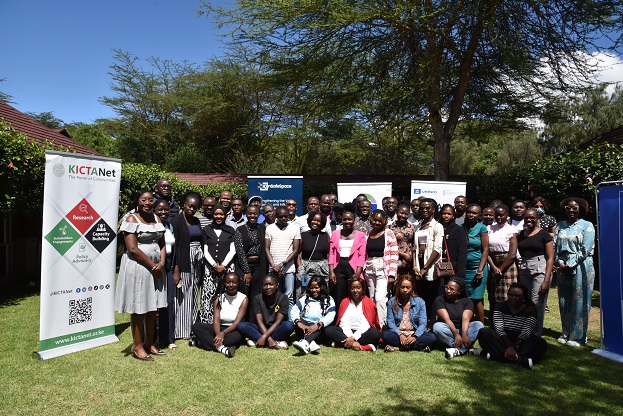Kenya’s digital space has transformed how citizens access information, engage in political discourse, and express themselves. Social media platforms are undeniably powerful tools for activism, news dissemination, and civic participation. Alongside these opportunities lies an increasing prevalence of harmful speech, disinformation, and misinformation. a trend that threatens individual safety, national cohesion, and democratic stability.
In recent years, Kenya’s digital space has witnessed a spike in online content that incites hate, spreads falsehoods, and promotes division along ethnic, political, and gender lines. During election periods and times of national tension, this problem is amplified, with coordinated campaigns aimed at manipulating public opinion and inciting unrest. Disinformation false content spread with the intent to deceive and misinformation false content spread unknowingly have both been used as tools to undermine truth and erode public trust in democratic institutions.
One of the key challenges in addressing harmful digital content is the speed and scale at which it spreads. Viral falsehoods often gain traction before fact-checkers or regulatory bodies can respond. Moreover, many Kenyans still lack adequate digital literacy skills to critically assess the information they consume online. This vulnerability is exploited by malicious actors, including political operatives, influencers, and even foreign agents who leverage social media algorithms to amplify polarizing content.
Efforts to combat this issue are growing. Civil society organizations, fact-checking groups, and journalists are working together to raise awareness, provide tools for verification, and call out false narratives.
Last week, we were priviledged to attend the Social Media 4 Peace workshop organized by Kenya ICT Action Network (KICTANet), Internews, and UNESCO that brought together 50 stakeholders including digital rights advocates, tech professionals, journalists, and youth leaders to reflect on how to make Kenya’s digital space safer and more constructive.
The discussions included emphasis on online safety and truth as shared responsibilities. Speaking during the event, John Okande, Programme Coordinator UNESCO said, “We cannot talk about peace in the digital space without addressing the root causes of online violence and disinformation,”
Participants also stressed the importance of creating safe environments for women and marginalized groups who are often disproportionately targeted by online harassment. There were also calls for social media platforms to be more transparent in how they moderate content and for the Kenyan government to engage communities in the fight against digital toxicity without resorting to blanket censorship or internet shutdowns.
During the three-day event, participants also agreed that regulation, while necessary, must be balanced with respect for freedom of expression. Overregulation or vague laws can stifle dissent and punish legitimate speech, especially in Kenya where freedom of the press and digital rights are constitutionally protected.
What is needed instead is, a collaborative, multi-stakeholder approach that includes tech companies, civil society, government, and ordinary users, all working to foster a culture of critical thinking, digital responsibility, and fact-based dialogue.
The fight against harmful speech, disinformation, and misinformation in Kenya is far from over. But through sustained public education, cross-sector collaboration, and digital resilience building, there is hope for a safer, more informed online environment.
